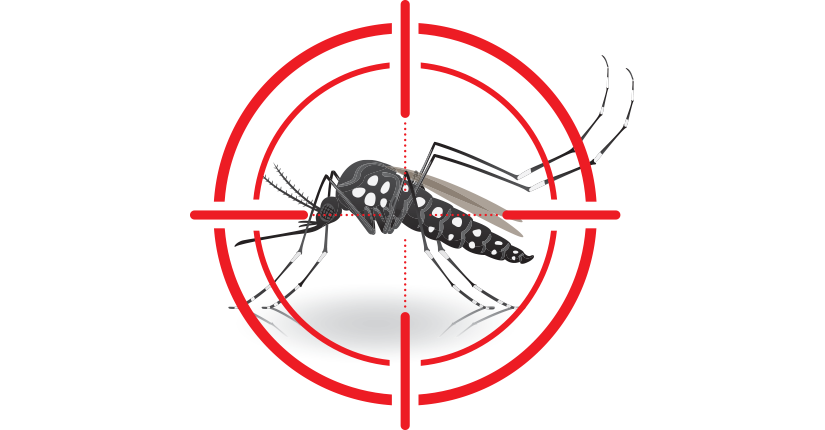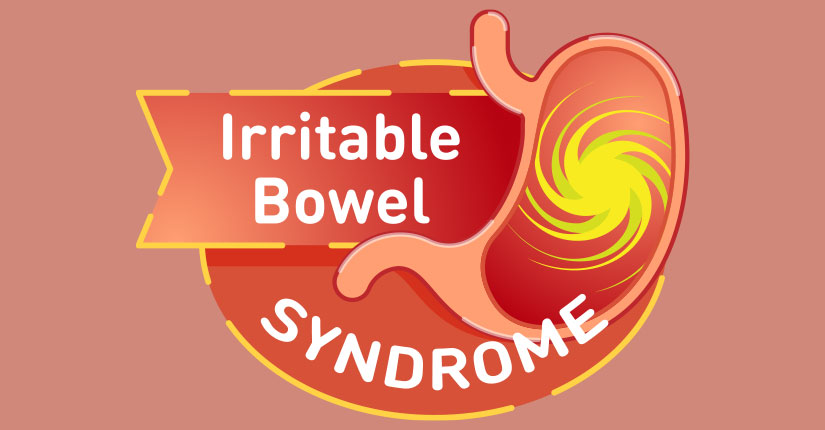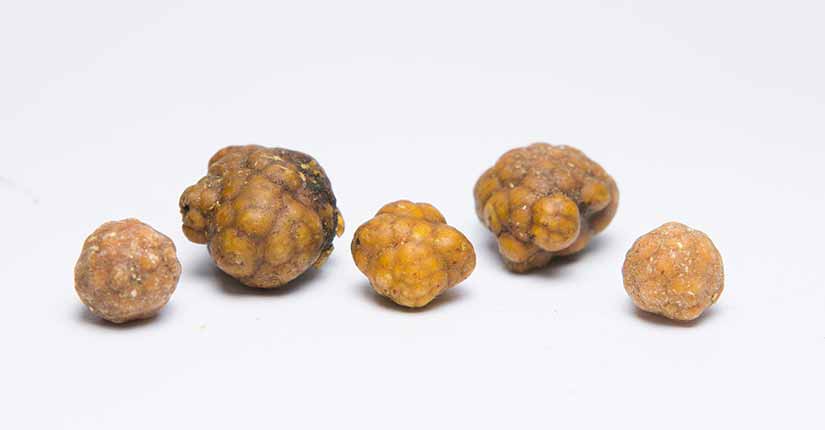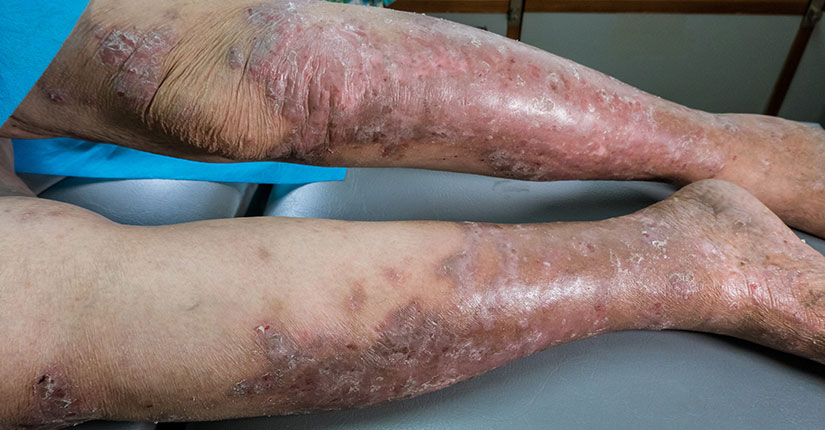Monsoon Infections- Know the Difference Between Dengue and Malaria
By Nmami Life Editorial 20-Sep 2020 Reading Time: 5 Mins

Monsoon is said to be the time when nature quenches the thirst of Mother Earth, but with all the beauty and greenery around, it is the same time when the spread of infections is also very high. Change in temperature and humidity lead to the growth and survival, contamination and transmission of germs through food, air, water, flies, and mosquitoes. Malaria and Dengue are the two common mosquito infections and are a great threat to hundreds of lives in the country.
Let us look at some of the differences between Malaria and Dengue.
Malaria and Dengue
Even though both Malaria and Dengue are mosquito-borne diseases, there is a difference between the two. While Malaria is caused by Plasmodium – a single-celled parasite and is transmitted through the bite of the female Anopheles mosquito. Dengue, on the other hand, is transmitted by the bite of Aedes mosquito. These mosquitoes transmit the disease by biting and spreading the blood of people infected by the virus, usually in the early morning or at dusk. The symptoms of malaria are usually seen from 8-25 days after the mosquito bites, while in case of dengue, symptoms are visible in 2-7 days of the bite.
Symptoms
People infected with Malaria will generally exhibit symptoms such as:
- Fever and chills.
- Headaches.
- Nausea and vomiting.
- Muscle pain and fatigue.
- Feeling full even without eating.
- Pain in the upper left abdomen.
People infected with Dengue may also exhibit symptoms such as high fever and nausea, but may also have additional symptoms such as:
- Pain behind the eyes.
- Mild to active bleeding.
- Swollen glands.
- Rashes.
- Joint pains.
- Reduction in the White Blood Cells(WBC) count. The dengue virus can damage your bone marrow, which is the primary platelet producing centre of the body.
Prevention
Both the diseases start with a mosquito bite and often end with the death of the person. It is very important for you to prevent this from happening and take all the necessary precautions.
- Since both these diseases are spread by mosquitoes, repellents and nets should be used to prevent it.
- Make sure that water does not stagnate in your area as mosquitoes breed in stagnant water.
- Try wearing long-sleeved clothes and long trousers when going outdoors.
Treatment
Most of the drugs that are used in treating Malaria and Dengue are targeted towards killing the parasites in the blood.
Although the effects of Dengue cannot be cured completely, they can be controlled with a combination of medicines and intravenous infusion. On the other hand, Malaria might require a continuous intravenous infusion.
Over to you
Dengue and Malaria are the two most common diseases having a high death rate in India. And if you are someone living around an unhygienic neighbourhood, water clogged surroundings and tropical weather, you should be extra cautious. If the fever continues for more than 2-3 days, get yourself tested. With dengue, you might witness fever appearing and disappearing in every couple of days. While malaria’s duration is a shorter one where one experiences sweat and extreme cold.


















